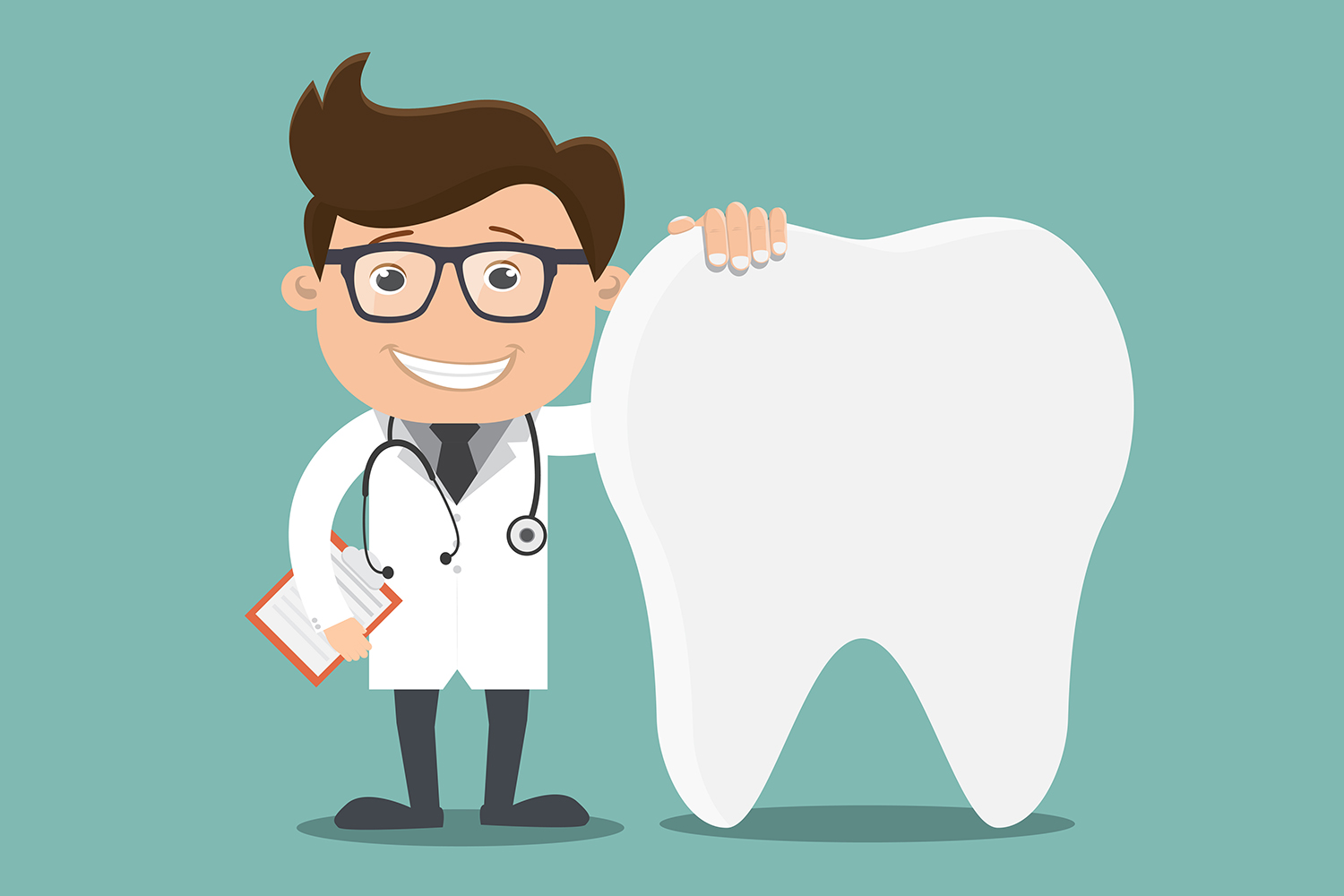Locate the Best Dentist in Eugene Oregon for Your Family's Oral Needs
Locate the Best Dentist in Eugene Oregon for Your Family's Oral Needs
Blog Article
A Guide to Typical Dental Conditions That Need a Dental professional's Treatment
Toothaches, for instance, can be symptomatic of severe problems such as tooth cavities, cracked teeth, or abscesses, each calling for particular treatments like fillings or origin canals. Affected knowledge teeth and jaw disorders can present considerable discomfort and difficulties.
Toothaches
Toothaches are a common dental problem that can range from mild pain to serious discomfort, commonly indicating an underlying concern that needs specialist attention. This discomfort can stem from a range of resources, including tooth decays, broken or fractured teeth, and oral abscesses. Each of these conditions presents substantial risks if left untreated, possibly leading to much more serious issues.
Tooth decays, additionally recognized as caries, are triggered by the build-up of plaque that wears down tooth enamel, causing openings or pits in the affected teeth. Fractured or fractured teeth, on the other hand, might arise from injury, grinding, or biting right into difficult items. These architectural problems can reveal the delicate internal layers of the tooth, triggering pain and boosting the risk of infection. Abscesses hurt infections at the origin of a tooth or between a tooth and the gum, commonly arising from extreme degeneration or untreated tooth cavities.
Efficient treatment of toothaches involves resolving the root cause. This might consist of dental fillings for tooth cavities, crowns for split teeth, or origin canals and prescription antibiotics for abscesses. Early intervention by an oral professional can avoid further degeneration and ease pain, ensuring optimum oral health and wellness.
Periodontal Disease

The key reason for periodontal illness is microbial plaque, a sticky, anemic movie that regularly develops on teeth. Poor dental health, smoking cigarettes, hereditary predisposition, and specific clinical conditions, such as diabetes mellitus, can worsen the risk of developing gum tissue illness. Routine oral examinations are vital for early detection and administration of this problem.
Treatment for gum illness ranges from expert dental cleansing and scaling to advanced treatments like root planing and gum surgical procedure, relying on the seriousness. Keeping great oral hygiene techniques, including cleaning twice daily, flossing, and utilizing an antiseptic mouthwash, can substantially minimize the risk of periodontal condition and advertise much healthier gums.
Tooth Cavities
Cavities, additionally called cavities, are an usual dental problem defined by the damage of tooth enamel due to acid-producing microorganisms in the mouth. These microorganisms thrive on sugars and starches from food and drinks, generating acids that progressively deteriorate the enamel, causing cavity formation.
Early-stage tooth cavities may disappoint signs, however as they advance, they can create toothache, level of sensitivity to hot or chilly, visible openings or pits in the teeth, and discoloration. If left unattended, tooth cavities can permeate much deeper layers of the tooth, possibly leading to severe pain, infection, and even tooth loss.
Avoiding dental caries involves a combination of good dental hygiene practices and nutritional behaviors. Regular brushing with fluoride toothpaste, flossing, and routine dental exams are vital. Dental professionals might likewise recommend added precautionary procedures, such as fluoride treatments and dental sealants, to safeguard teeth from decay.
Treatment for tooth cavities depends upon their intensity. Small cavities can be resolved with dental fillings, which restore the tooth's structure. If the degeneration has gotten to the tooth's pulp, more innovative instances might need crowns or also root canal treatment. Timely intervention by a dentist is important to avoid complications and preserve overall oral health and wellness.
Impacted Wisdom Pearly Whites
Impacted wisdom teeth are a widespread dental concern that takes place when the third molars, frequently described as knowledge teeth, fail to completely emerge or align effectively within the mouth. This problem frequently results from insufficient space in the jaw or an unusual development angle of the teeth. Impacted wisdom teeth can cause a variety of difficulties, including damage, infection, and discomfort to adjacent teeth.
When wisdom teeth come to be affected, they are commonly partly erupted or continue to be entirely underneath the periodontal line. This partial eruption can produce a path for germs to go into the gum tissues, leading to infections that materialize as swelling, discomfort, and even fever (dentist in eugene oregon). Furthermore, impacted knowledge teeth can exert stress on bordering teeth, potentially triggering crowding or shifting
A thorough oral assessment, normally entailing X-rays, is essential for diagnosing affected wisdom teeth. Therapy usually includes surgical removal, executed by an oral specialist. The procedure aims to reduce pain and prevent more issues, such as cysts or damage to surrounding bone frameworks. Post-operative treatment is essential to guarantee appropriate healing and reduce the danger of infection. Routine dental check-ups are advisable to keep track of the condition and maintain dental health and wellness.
Jaw Problems
Final Thought

Dental cavities, likewise known as cavities, are created by the buildup of plaque that deteriorates tooth enamel, leading to openings or pits in the affected teeth. Abscesses are agonizing infections at the origin of a tooth or in between a tooth and the periodontal, generally resulting from severe degeneration or without treatment tooth cavities.
Influenced a knockout post wisdom teeth are a common oral issue that takes place when the 3rd molars, typically referred to as knowledge teeth, fall short to fully arise or straighten properly within the mouth. Impacted wisdom teeth can lead to a variety of problems, including infection, pain, and damage to adjacent teeth.
In addition, impacted wisdom teeth can exert pressure on surrounding teeth, potentially triggering crowding or moving.
Report this page